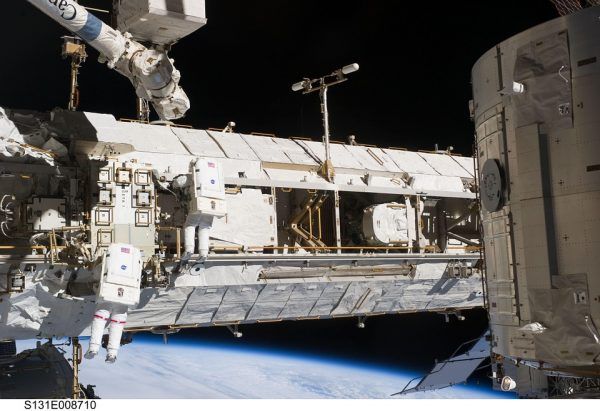In mid-June, President Donald Trump announced his intention to create the Space Force, a new branch of the U.S. Military. He still has to get the U.S. Congress to legislate this proposed force into existence which, based on the comments of many senators and representatives, is likely to be a bi-partisan issue. The main question at hand is whether the United States military needs such a branch. Based on history, the importance of space in today’s warfare, and the actions of one of our main adversaries, the answer is yes.
Warfare has transformed over the centuries as countries have developed new technologies and means to kill. For centuries, war was fought on a two-dimensional basis—on land and on water. The invention of workable submarines and aero balloons in the 1800s took warfare to four dimensions.
The invention of the airplane changed warfare so significantly in the Second World War that, after the war, the U.S. Congress approved the creation of the U.S. Air Force. Previously, U.S. land-based aviation was under the U.S. Army’s control, but the importance of tactical and strategic aviation to modern war planning dictated the need for a branch dedicated to this important dimension of warfare.
Today, the importance of space in U.S. war plans is overwhelming and represents a new dimension of warfare that deserves a dedicated military branch.
Space has become an increasingly important part of U.S. war plans since the Vietnam conflict. Today, the military assets in space include hundreds of communication, intelligence, and global positioning satellites that are relied upon by the Pentagon for command and control, warning, and precise targeting. Without these capabilities the U.S. military’s war-fighting ability will be severely retarded and would represent a strategic failure.

A Space Force would not only be charged with exploiting space-based assets, it would also be charged with defending them. Losing the ability to use these space assets in a modern war would be like not having aviation in the Second World War. Having a dedicated branch to design, procure, launch, manage, and protect military assets in space makes sense. Just like creating the U.S. Air Force made sense in 1947.
The importance of space in warfare is not lost on our adversaries. In 2015, Russia created its Aerospace Force to incorporate its various space-based military assets. The Russians, however, then went even further and included their tactical and strategic air forces, rocket forces, and air defense forces into the nation’s Aerospace Forces.
That is too broad of an inclusion; a U.S. Space Force should only include the three missile wings and the single operational squadron that manages and operates intercontinental ballistic missiles, and the U.S. Air Force’s Space Command.
Should the U.S. Space Force come into existence, it should also have its own military academy. There are several locations in the United States with ties to our space programs that could host this service academy. Possibilities include Texas, Florida, and California. Regardless of where this academy is located, the importance of educating and training Space cadets for a multi-dimensional war that includes space cannot be overstated.
Success or failure in a major war depends on our ability to control space, and future Space cadets need a branch where they can dedicate their attention and careers to this important dimension.
















